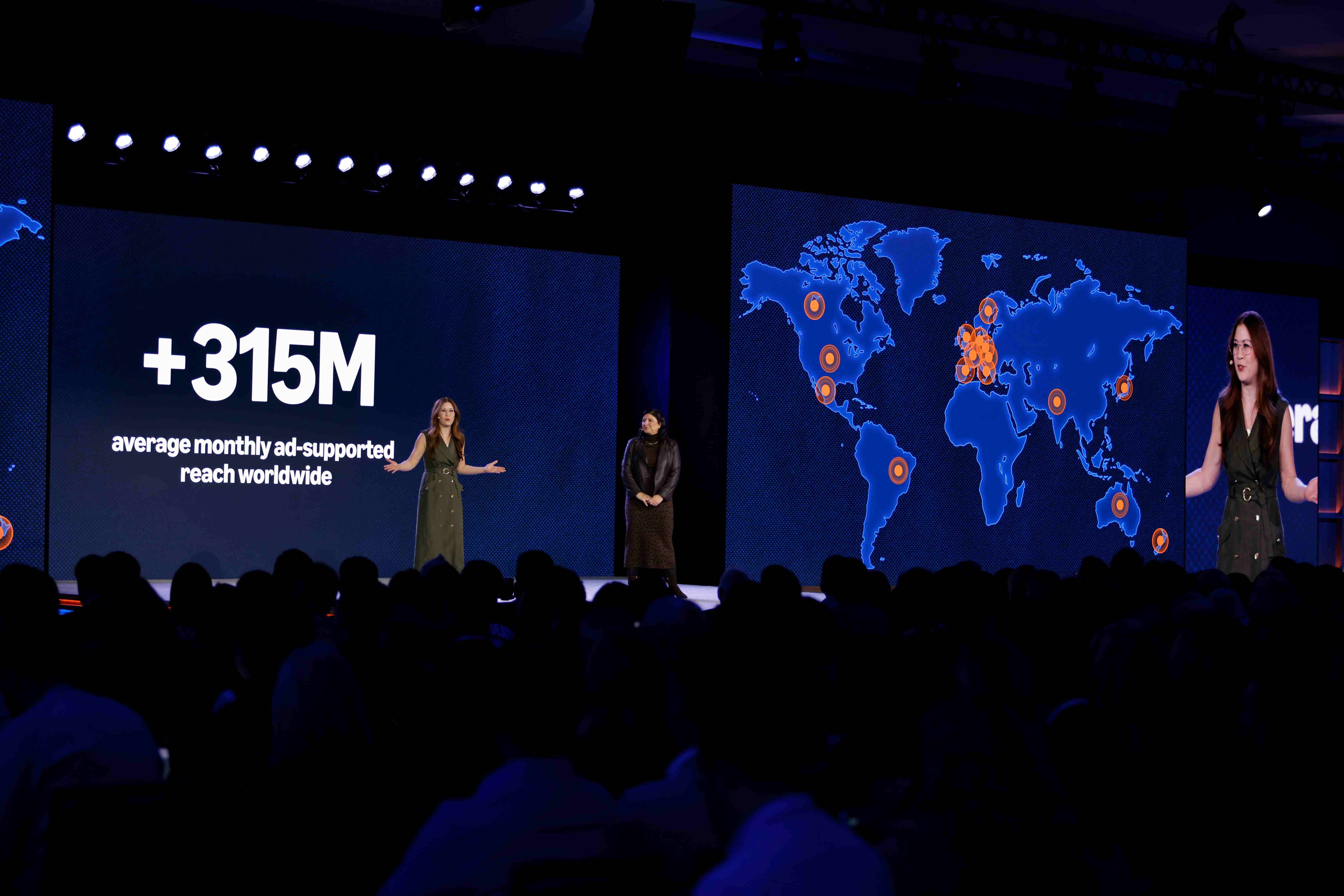A hard-hitting article published in The New York Times on 15 August 2015 has kicked off conversations across the world. The article titled ‘Inside Amazon: Wrestling Big Ideas in a Bruising Workplace’ certainly elicited a rare but strong and prompt reaction from the company’s boss, Jeff Bezos.
A memo from him circulated to employees and re-published by several media outlets states: “The NYT article prominently features anecdotes describing shockingly callous management practices, including people being treated without empathy while enduring family tragedies and serious health problems. The article doesn’t describe the Amazon I know or the caring Amazonians I work with every day. But if you know of any stories like those reported, I want you to escalate to HR. You can also email me directly at jeff@amazon.com. Even if it’s rare or isolated, our tolerance for any such lack of empathy needs to be zero.”
At the heart of this matter, I believe, is a matter of perspective. Without getting into the specifics of the allegations and the counters, here’s one takeout from what Bezos had to say: that it would be hard to imagine that anyone would want to work in a set up as described in the article. He, for one, said he wouldn’t.
One is reminded of the case of an allegedly overworked employee passing away in an ad agency a few years ago, prompting some newsprint on the hours put in by ad folk. The question that comes to mind is, did the adlanders of yesteryears work any lesser hours? From what we hear, pitches (and less often deadlines) meant that one stayed up all night, if not a few nights. Did we not hear them complaining because no one wrote about them? Those who did not like the culture, chose more convenient options, even within. Those who loved the action, stayed. Not that we’re advocating such a lifestyle.
Amazon is not the first workplace to be criticised for its competitive work culture nor will it be the last. People have to make up their minds on the kind of job and culture they wish to be part of. There are certainly enough options around to suit every day planner, drive and mindset. Those who get their rush working the XYZ way will still happily join XYZ. If the company needs the talent, it will align its culture to welcome the talent it seeks.
The damage in this case, and there might be some, will be in the public perception of brand Amazon. That can hurt.
(The author is managing editor, Campaign India gokul@haymarket.co.in / @goks140)




